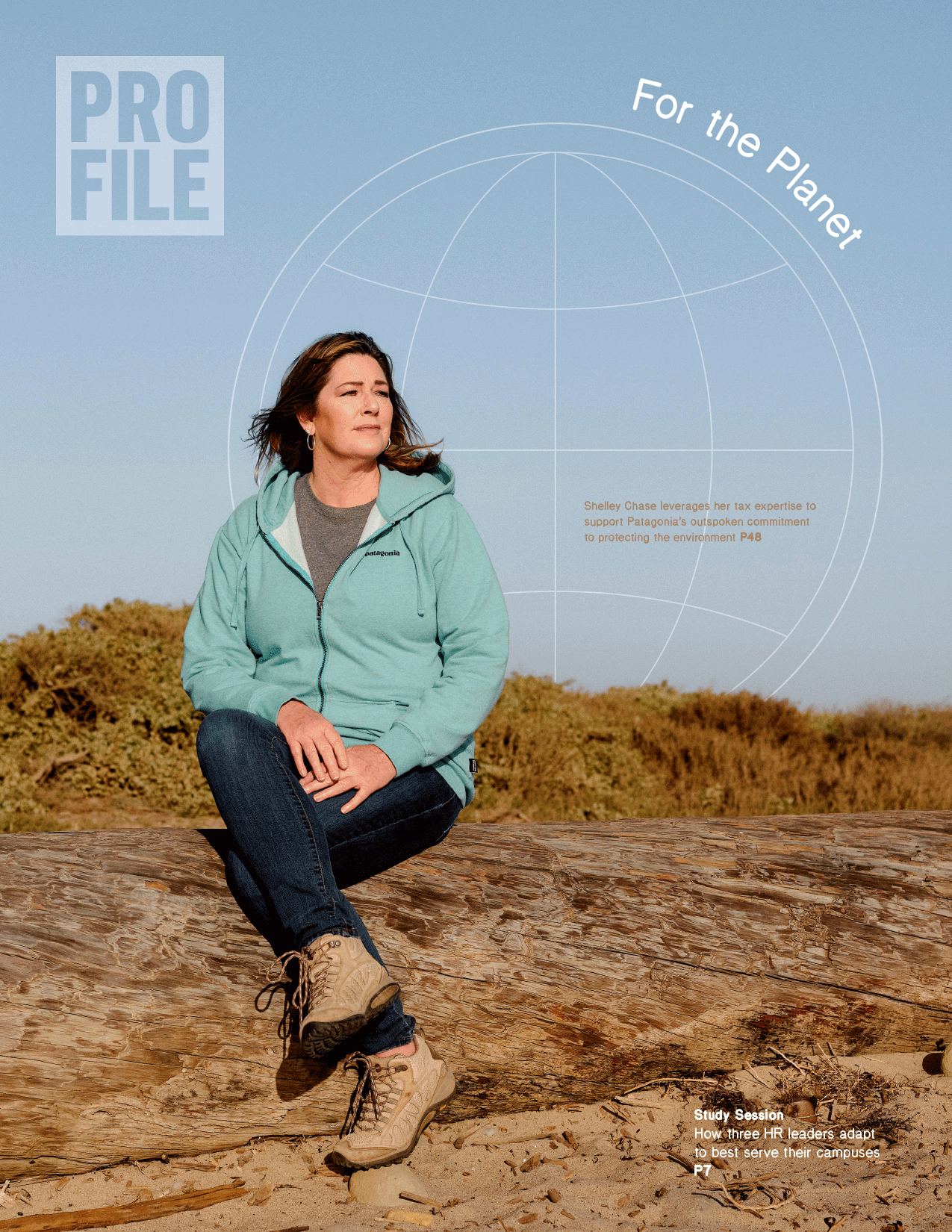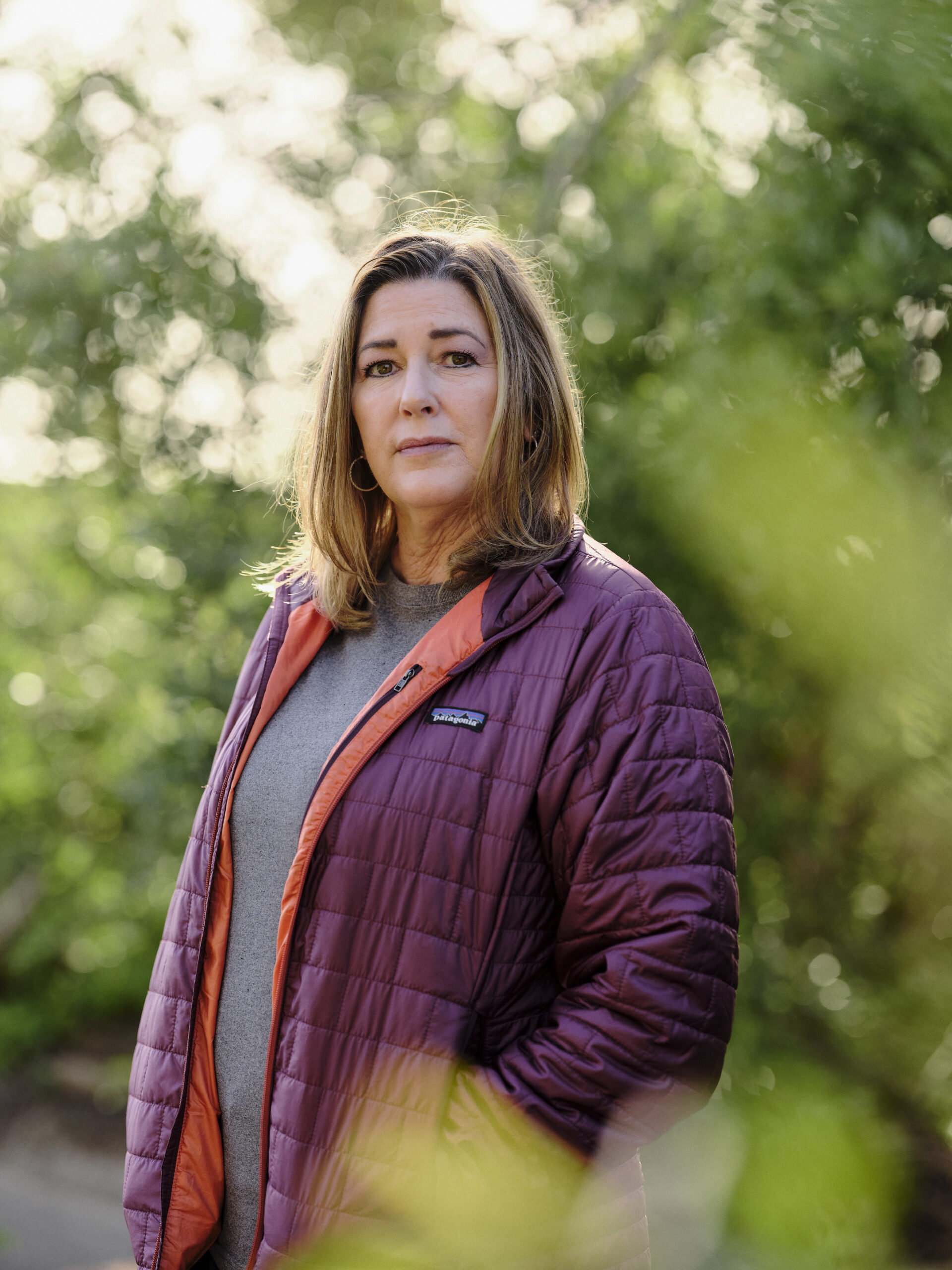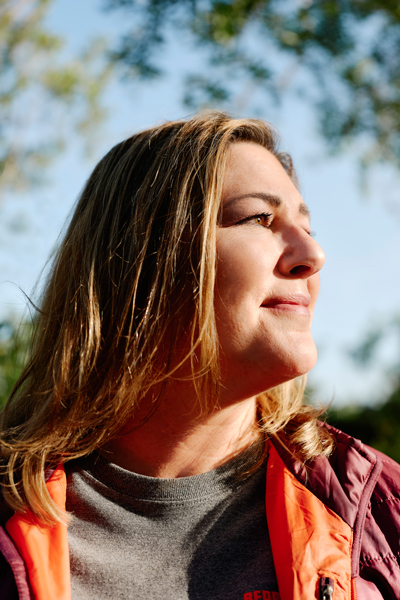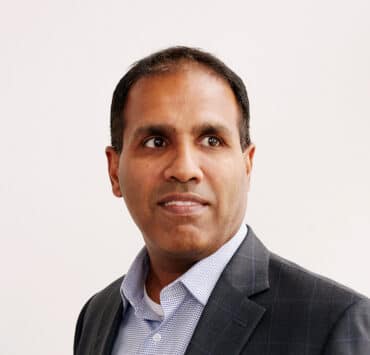|
Getting your Trinity Audio player ready... |
Patagonia is everywhere. The company was founded in 1973 by rock-climbing enthusiast Yvon Chouinard and began with selling pitons, rugby shirts, and other outdoor gear. Its primary market may be lovers of the outdoors who prefer a rugged and durable fit and who can pass down their favorites down for generations, but the brand has gained traction among consumers of all stripes.
What recently made an outdoors brand a staple? Why was a company that famously ran a 2011 ad that read “Don’t Buy This Jacket”—an ad that detailed the environmental toll just one of their sweaters required and suggested, instead, buying secondhand Patagonia products—suddenly the coolest of cool? Nobody really knows.
The way Shelley Chase speaks about the culture at Patagonia might help shed light on why the brand has shot well outside of its traditional popularity in the last few years. The senior tax director says the leadership structure functions much flatter than most would think for an organization of Patagonia’s size. It offers everyone a chance to have an impact and a voice, and perhaps no clothing brand has made its voice clearer when it comes to the environment.
Patagonia continues to endure because while the culture may be relaxed, its efforts outside of pure retail are anything but.

The Snowboarding Tax Director
Chase is at the intersection of multiple avenues of Patagonia’s mix of laid-back culture, environmental activism, and generous philanthropy. The snowboarding enthusiast came to Patagonia in 2015 after senior tax roles at WFS Financial and swim/skate/surf lifestyle brand Volcom. Chase was able to tackle international tax work at Volcom but within the confines of a smaller company prior to its acquisition by the Kering Company.
That international piece of her tax role at Patagonia has been a dream come true for Chase. “Traveling and meeting with our teams internationally has been one of the greatest things in my career,” the senior director says. “It’s provided amazing growth for me personally and to experience all of the different cultures and traditions has been incredible.”
Chase was able to implement a hedging strategy at Patagonia based on her experience in her previous roles. “Patagonia had been sort of naturally hedged just based on where they were doing business and the way those different currencies fluctuate against each other,” she explains. “When I got here in 2015, there were a lot of things going on in the world, and the company recognized that they had some exposures that needed to be addressed.”
After getting the hedging strategy up and running, Patagonia implemented a dedicated treasurer. “Fortunately, things have grown here that required me to hand off those duties, but I still am obviously involved from the tax side,” Chase says.

The Frontrunner for Environmental Activism
There are so many environmental commitments that Patagonia adheres to that the list may seem exhausting, but Chase says that is precisely the point. Patagonia remains hugely successful because of its outspoken commitment to the environment and other issues. Tax may not be the first place one might think it’s aiding the fight, but Chase disagrees.
The senior director helps oversee Patagonia’s charitable activities including its 1% For The Planet commitments that require it to donate one-percent of its sales to environmental organizations. “Since its inception, Patagonia has given over $140 million to environmental organizations and supported countless campaigns to stop climate change and preserve wild spaces,” Chase says.
And there’s more—so much more—outside of its 1 percent commitment. Chase says that during her six-year tenure, the company has given over $10 million on three separate occasions. First in 2016 when it donated 100 percent of Black Friday sales, then after the 2017 tax rate for companies was slashed, Patagonia donated another $10 million to charity. Then over the holiday season in 2019, the company matched up to $10 million in customer donations, and the max was hit in just ten days, resulting in $20 million going to environmental organizations.
Most of this giving is done through Patagonia’s private foundation, one that is focused on environmentally conscious messaging. “I’ve been really excited to partner with our environmental team to tackle every new idea,” Chase says. “The culture here tends to be if things have always been done one way, we’ll try it another. My job is to support that creative thinking and still keep us compliant.”
Chase’s skills have been recognized outside of Patagonia as well. Moss Adams Partner Bill Sturges speaks to many of the qualities that enable Chase to be effective on so many different fronts. “Shelley’s leadership, insights, and collaborative approach have made her and her team an integral part of the strategic processes and initiatives at Patagonia,” Sturges says. “Her positive energy and commitment to excellence provide an inspiration to others and make working alongside her a pleasure.”

Patagonia’s strong stance, Chase says, is hopefully a sign of things to come from others in the industry. “I think that Patagonia realized that they were a strong, profitable company and that if they took environmental stances, they could be a model for other companies, and they have definitely done it,” Chase says.
Sustainability experience, the senior director says, is an increasingly important skill for any tax professional to have. “I think utilizing tax incentives based on sustainability are an arrow in our quiver that tax professionals need,” she explains. “We need to be able to help support these particular issues since it’s becoming an important part of all consumer goods companies because customers are demanding more responsibly produced products.”
Despite all of these strong efforts, Patagonia remains a place where there are closets for wetsuits and shelves for surfboards. A laid-back environment with an assertive voice for the environment. Employees may be able to enjoy their free time, but Patagonia remains at the front of the pack when it comes to acting on its beliefs and staying true to the principles that made it great in the first place.
The US Tax Desk specialists at Mazars convey their special thanks to Shelley Chase at Patagonia for the inspiring and constructive cooperation over the years. It has been a pleasure working together and watching how your inspiring leadership brings Patagonia further into the future. Many congratulations on your achievements.
Deloitte provides industry-leading audit, consulting, tax and advisory services to many of the world’s most admired brands, including nearly 90 percent of the Fortune 500® and more than seven thousand private companies. Our people come together for the greater good and work across the industry sectors that drive and shape today’s marketplace.

